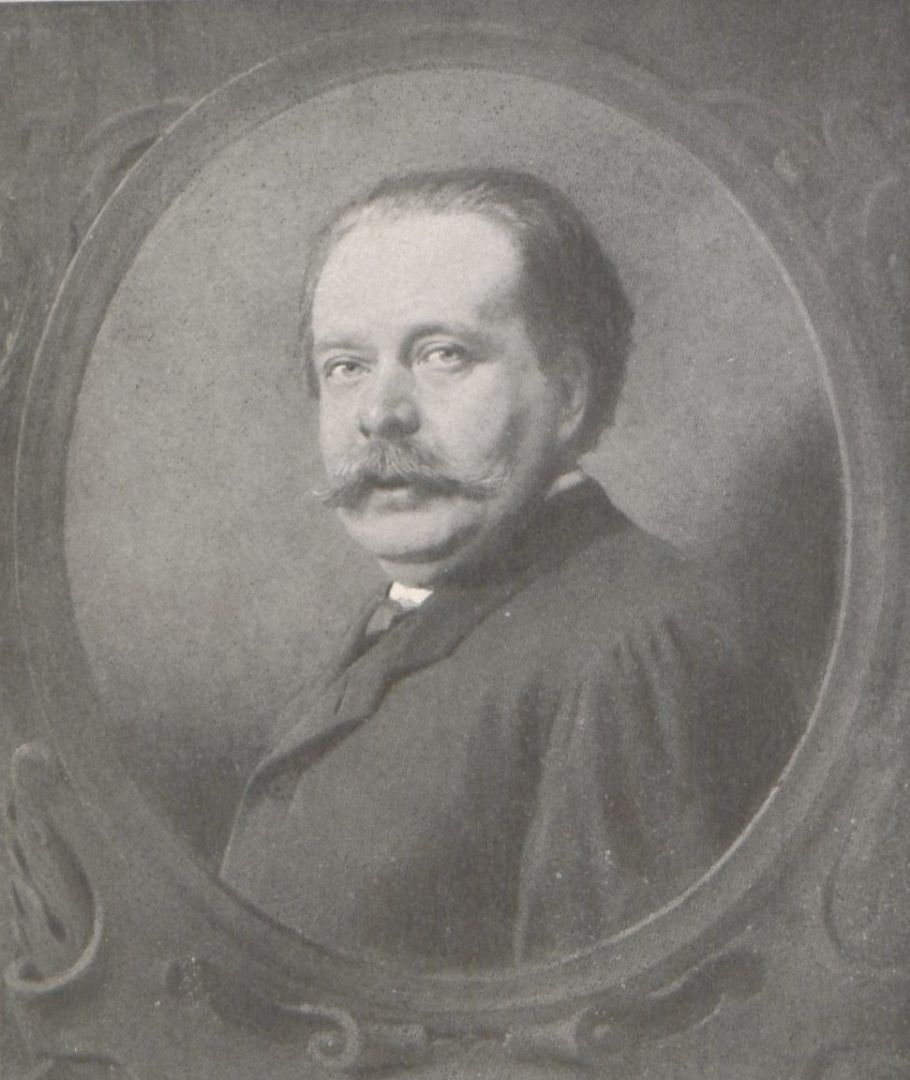He was born in Vilnius on the 6th of November 1825 into a wealthy family of a Jewish merchant. He studied in Königsberg in 1842-47, and then, already with the doctoral degree, he went to study in Heidelberg. In the liberal “Deutsche Zeitung” of G.G. Gervinus he published articles in which he expressed views favourable to Polish adherents of democracy. In the spring of 1848 Klaczko collaborated with the Polish National Committee in Poznań. After the fall of the uprising he entered into close contact with Conservative circles. He temporarily lived at General Chłapowski’s place and had friendly relations with his son-in-law, the future priest Jan Koźmian. For publishing his lampoon called Die deutschen Hegemonen (1849), in which he dissociated himself from the German Liberals, he was forced to emigrate by the Prussian authorities. He went to Paris, where he tutored Zygmunt Krasiński’s sons and wrote for French magazines as well as for various titles in the partitioned Poland or for “Wiadomości Polskie” - the paper of the Polish emigration Conservative ‘Hotel Lambert’ camp, which he run together with Walerian Kalinka and in which he published Katechizm nierycerski, his critique of Ludwik Mierosławski’s pro-insurrection agitation. After his father’s death, Klaczko was baptized (1856). He left “Wiadomości Polskie” having quarrelled with Władysław Zamoyski and Kalinka over the secular power of the pope; however, he continued his collaboration with ‘Hotel Lambert’, communicating with Europe’s Liberals, publishing - in the columns of the influential “Revue des deux Mondes” – articles critical of the British policy, of Pan-Slavism, and, first of all, of the actions and policies of Bismarck (who was allegedly enraged by Klaczko’s analyses). He also worked for the benefit of the rapprochement between the politicians of Galicia and the Vienna government. In 1870 he became a Privy Councillor of the Austro-Hungarian Crown; however, following the French defeat in the war against Prussia, he resigned his post. As a member of the National Sejm and State Council, he postulated for loyalty towards the Austrian emperor. In 1888 he settled down in Kraków, preserving close relations with Stanisław Tarnowski. Klaczko was also a member of the Polish Academy of Arts and Sciences from the moment it was founded; a honorary doctor of the Jagiellonian University and corresponding member of Académie Française; one of Europe’s most renowned publicists writing in Polish, Hebrew, German, and French; the author of numerous highly valued and widely read works from the field of history of art and literature. He died in Kraków on the 26th of November 1906. His major works include: Poeta bezimienny (1862); Anneksja w dawnej Polsce (1901); Studia dyplomatyczne. Sprawa polska - sprawa duńska (1903); The Two Chancellors. Prince Gortchakof and Prince Bismarck (1905); Wieczory florenckie (1881); Rome and the Renaissance: the Pontificate of Julius II (1900). Some of Klaczko’s works have been reissued in collected editions: Pisma polskie (1902); Szkice i rozprawy literackie (1904); Zapomniani - pisma polskie (1912); Pisma z lat 1849-51 (1919; the dates in brackets refer to Polish-language editions).

